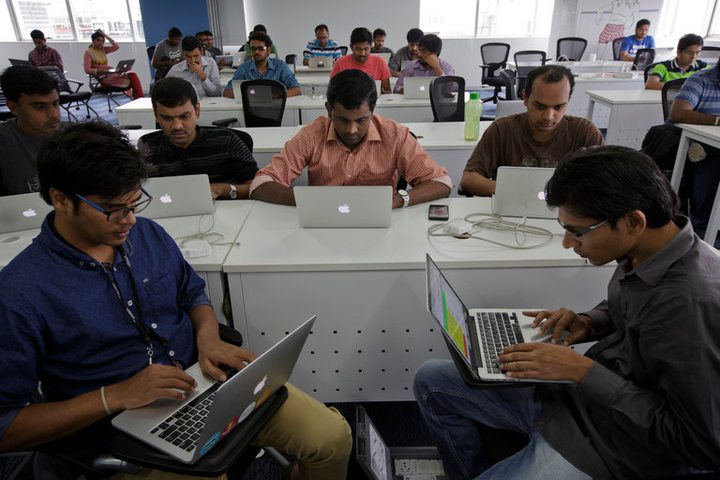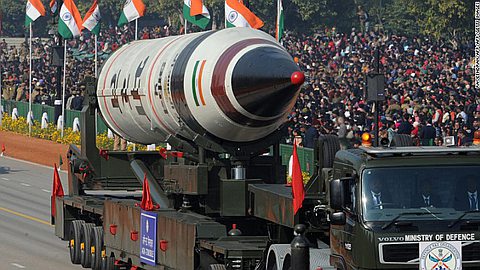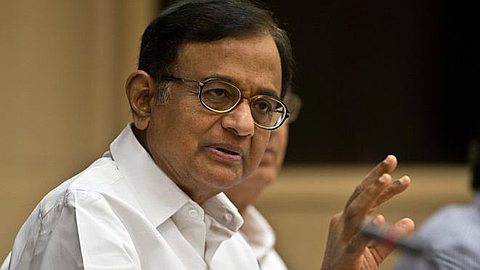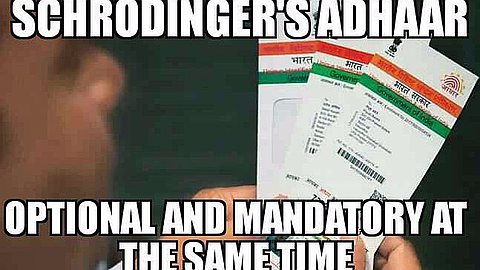Hoping Jobs for India Follow, Modi Clears Investors’ Path

The long-awaited rules, instituted through executive order, reinforced the government’s plan to develop more business-friendly policies as the country looks to spur job creation and maintain its momentum. Domestic and international companies have long complained about the difficulty of doing business in India, a factor that has stymied investment and growth.
While the economy is still hampered by the country’s infrastructure deficiencies and sprawling bureaucracy, the changes represent a greater shift away from the socialist and protectionist policies of India’s modern post-independence history. The new rules will allow foreign investors to establish 100 percent ownership in companies involved in defense, civil aviation and food products, although with government approval.
Foreign investors will also be permitted to buy up to 74 percent of Indian pharmaceutical companies without seeking government approval. The government similarly relaxed regulations that had made it difficult for companies like Apple and Ikea to establish retail operations in India.
The election of Prime Minister Narendra Modi in 2014 was widely expected to lead to more market-friendly policies, which he had championed in his years as the chief minister of the state of Gujarat. The delay in bringing them about had led to widespread criticism that Mr. Modi was not moving fast enough to stimulate the economy.
India’s latest reports on job creation may have tipped the scales in favor of further economic liberalization, some experts said. Domestic data showed weak employment numbers in the last quarter of 2015 in jewelry, automobiles and information technology, compared with a year earlier.
The timing of his announcement was almost certainly aimed at reassuring international markets. The rules were rolled out just two days after the surprise resignation of the widely respected chairman of the central bank, Raghuram G. Rajan, whose departure has prompted uncertainty about the government’s reform plans.
“Modi needed to send some signals to show government is bringing in economic reforms and they will happen with or without Rajan,” said Harsh V. Pant, a professor of international relations at King’s College in London. “The government is trying to recapture its mojo on the economic front.”
Mr. Rajan, a popular figure among foreign investors, had enhanced India’s standing in international markets. But he had become controversial domestically, in part because of his crackdown on the debt-strapped banking industry and because critics wanted him to lower interest rates faster to stimulate domestic growth. His announcement that he would leave his job as governor of the central bank implied that he was moved at least in part by the preferences of the government of Mr. Modi.
India began life as an independent country in 1947 with a heavily controlled, protectionist economy. It changed course in 1991 when a balance-of-payments crisis forced the government to loosen its controls on industry and reduce barriers to imports, among other things.
Those changes are credited with spurring India’s transformation into the fastest-growing large economy in the world. But its growth rate of 7.6 percent is too slow to provide jobs for the one million people entering the work force each month. The previous government, and Mr. Modi’s, had promised further liberalization.
Mr. Modi has struggled to enact the major changes he promised, such as making it easier for companies to acquire land, because his party does not control the upper house of Parliament. Monday’s policy shifts required only the approval of his top administration.
Still, Mr. Modi is expected to win passage in July of a new law to allow the imposition of a uniform goods and services tax on the country, in place of the state-by-state taxation, making it easier for businesses to operate nationally. The tax change, together with new rules on foreign investment, could have as significant an impact on India’s economy as the 1991 reforms.
“The set of reforms of the past two years could be of much greater significance than what happened in 1991,” said Surjit S. Bhalla, a New Delhi-based columnist and macroeconomic adviser on India to the Observatory Group, a consultancy.
Particularly significant on Monday was the change allowing 100 percent foreign investment in defense companies in India, Mr. Bhalla and others said.
India has been struggling to modernize its military in step with the growing strength and aggressiveness of China. Trying to stimulate foreign investment in defense, India in 2015 had allowed foreign ownership of up to 49 percent in defense companies but received little response.
“With this liberalization, we would expect again some manufacturing activity in defense products to come in,” Shaktikanta Das, secretary of economic affairs at the Ministry of Finance, told reporters in New Delhi. “The driving force behind the whole thing is that all these investments should facilitate creation of jobs.”
Previous rules, which all but required a local majority stake, had scared off foreign weapons makers who feared losing control of valuable technology, said Ben Moores, a defense analyst at IHS Jane’s, a global intelligence firm.
Mr. Moores said the change would expose the big Indian defense companies, like Tata Advanced Systems and Hindustan Aeronautics, to competitive pressures for the first time.
The Indian government plans to award more than 800 defense contracts worth $76.5 billion over the next 10 years, he said, on combat aircraft, tanks, anti-submarine equipment and more.
There are benefits for smaller Indian companies as well, Mr. Moores said. Not only will their larger rivals potentially face direct, heavyweight competition from abroad, smaller companies will have opportunities to partner with outside defense contractors to gain expertise and domestic market share.
Defense contractors like BAE Systems, which Mr. Moores said had been “burned” by previous experiences trying to operate in India, might now see a reason to try again. General Dynamics, which has a tank-making subsidiary, could also benefit from manufacturing inside India. The French company Dassault, which is selling Rafale fighter aircraft to India, may find a way to sweeten the $8.9 billion deal.
India also relaxed its requirements that single-brand retail outlets purchase 30 percent of their supplies locally.
This requirement has posed an obstacle to foreign investors who have been unable to find local sources. Apple, eager to expand its retail operations in India, had sought an exemption from this local sourcing requirement earlier this year but the Indian government appeared reluctant to comply.
Under the new rules, foreign retail outlets will be given a three-year reprieve on the local sourcing requirement that could be extended to an additional five years, if the products being sold are “state of the art” and “cutting edge” technology, the government said in its announcement.
An Apple spokeswoman said the company was evaluating the new rules and had no immediate comment. Apple’s chief executive, Tim Cook, visited India this year and met with Mr. Modi to discuss retail and manufacturing in the country, the Indian government said.
Arvind Singhal, chairman of Technopak, a technology consulting firm in New Delhi, said the new rules removed a large hurdle to foreign single-brand retailers like Apple that wanted to open stores in India.
“This will permit Apple to open its own stores and control the complete experience of the brand and the product,” Mr. Singhal said.
The new pharmaceutical rules, allowing foreign firms to purchase portions of Indian drug companies, were also seen as a positive development.
“This is a welcome step in the right direction,” said Kiran Mazumdar-Shaw, chief executive of Biocon, one of India’s biggest biotechnology firms.
But some consumer advocates worried that easier foreign investment could also undermine India’s role as the supplier of inexpensive generic drugs to poor countries throughout the world.
“This is perhaps going to make it even easier for the bigger pharmaceutical companies to control India as a competitor in the global marketplace,” said Tahir Amin, co-founder of the Initiative for Medicines, Access & Knowledge, a New York-based nonprofit organization that works on access to medicines by challenging certain patents on drugs. “My prediction is the Indian generic marketplace is going to look very different in five years.”





